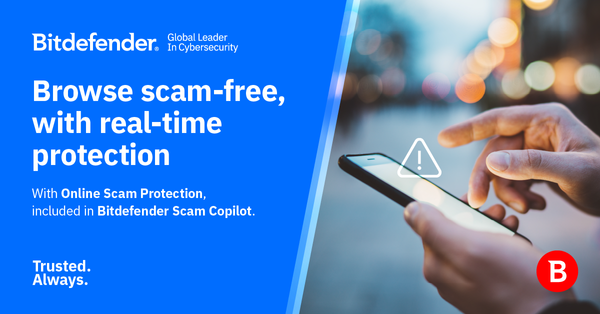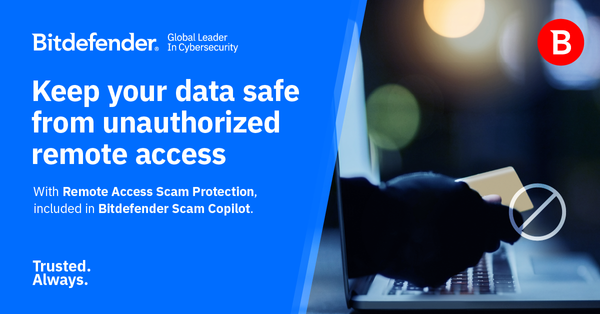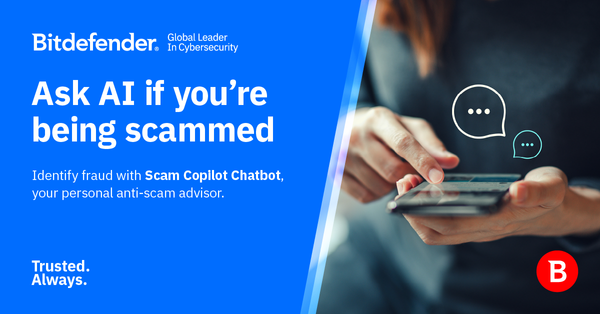How Strong is VPN Encryption?

VPN is an efficient way to protect your privacy, and its excellence as a tool stems from the way it seamlessly blends redirecting traffic and data encryption.
A VPN service can keep you anonymous online, even from your ISP, by re-routing your connection away from your ISP’s network. That way, what you do online stays between you and the website you’re accessing.
To shelter you even further, the VPN client encrypts your traffic so that, even if your ISP or other snoops intercept your traffic, they can’t decipher its content.
Although VPN services are an excellent way to preserve your online anonymity, users still doubt their efficiency, mainly because they don’t completely trust their encryption technology.
How does VPN encryption work?
To gauge the strength of VPN encryption, you must understand the basics. First, encryption is a means of protecting data so that only trusted parties can decipher and access it.
Most encryption technologies rely on complex algorithms to protect data, and VPNs are no exception.
VPN encryption refers to protecting your traffic within the VPN tunnel so that no one can exploit it, should it fall into the wrong hands.
While your device is connected to a VPN service, the client encrypts your requests before routing them to the server. The server then decrypts them, forwards them to the website or online service you chose, encrypts the destination’s reply, and sends it back to you, where it gets decrypted by the client.
This process, although complicated, takes place so fast you likely won’t even notice it. However, in some situations, encryption could slow down your connection, depending on your connection speed and the strength of the encryption protocol.
Modern VPN solutions such as Bitdefender VPN rely on several factors to encrypt your data, namely:
- Encryption keys – randomly-generated strings of data of various sizes (1- to 256-bit) used to encrypt and decrypt data. VPNs use Public keys to encrypt data and Private key analogs to decode it.
- Encryption algorithms – divided into symmetric (uses identical Private and Public keys, offers fast encryption) and asymmetric (uses different keys for encryption and decryption, can have dire consequences if Private key is lost).
- Encryption ciphers – an algorithm used to perform the encryption and decryption processes. Among the most popular ciphers used by VPN services are Twofish, AES, 3DES, Camellia, MPPE, and Blowfish.
- Encryption handshake – an automatic connection used to determine how a VPN client and a VPN server establish the encryption keys used for communication.
- Encryption protocols – sets of instructions used to establish secure connections between participating devices (the VPN client and VPN server). Among the most popular VPN protocols, you can find OpenVPN, PPTP, L2TP/IPSec, IPSec, IKEv2, SSTP, and WireGuard.
Is VPN encryption strong enough?
Seeing as AES-128 and AES-256 are among the most popular encryption algorithms VPNs use, we’ll refer to them in the following section.
With the current technology, both 128- and 256-bit algorithms are virtually impossible to crack. To paint a clear picture, AES-128 has 2^128 potential secret keys, while AES-256 has 2^256. Even quantum technology would take 2.61*10^12 years to crack AES-128 and 2.29*10^32 years for AES-256.
Considering that the universe is only 1.38x10^10 years old, cracking AES-128 would take approximately 200 times longer than the universe’s existence.
It’s worth mentioning that VPN encryption is not a standard, so not all services encrypt your traffic in the same way. Furthermore, modern solutions let you change encryption parameters to fit your needs.
However, there are a few ways to ensure that your VPN encryption can keep your data secure, even if it falls into the wrong hands. Namely:
- Choose a long encryption key (at least 128-bit, 256-bit is your safest bet)
- Use strong encryption ciphers (AES, Camellia, Twofish)
- Opt for secure VPN encryption protocols (OpenVPN, IKEv2, Catapult Hydra)
- Use sturdy key exchange protocols (RSA-2048, ECDH)
- Choose an SHA-2 HMAC authentication cipher (256-, 384-, or 512-bit)
tags
Author

Vlad's love for technology and writing created rich soil for his interest in cybersecurity to sprout into a full-on passion. Before becoming a Security Analyst, he covered tech and security topics.
View all postsRight now Top posts
How to Protect Your WhatsApp from Hackers and Scammers – 8 Key Settings and Best Practices
April 03, 2025
Outpacing Cyberthreats: Bitdefender Together with Scuderia Ferrari HP in 2025
March 12, 2025
Streamjacking Scams On YouTube Leverage CS2 Pro Player Championships to Defraud Gamers
February 20, 2025
How to Identify and Protect Yourself from Gaming Laptop Scams
February 11, 2025
FOLLOW US ON SOCIAL MEDIA
You might also like
Bookmarks









